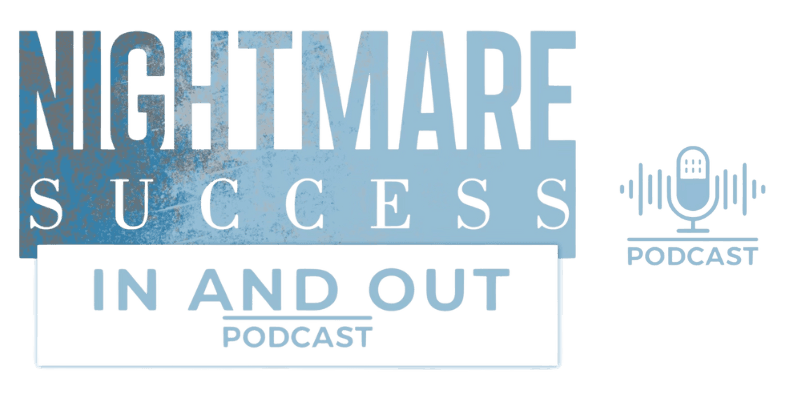
White Collar Prison, Part Four
White-Collar Prison. An Essay By John DiMenna. Originally Published at Minutes Before Six. Reprinted With Permission.
A Different Kind of Hell.
You can survive prison, and you can recover from prison, but prison never leaves you. On certain days, it feels like afterlife; other days, like a typical workday, and most days a bad dream enduring the slow torture of meaningless, menial tasks. I lived among one hundred other inmates, more wilderness than community. There is nothing more solitary than living among the exiled.
Upon arrival, every inmate at Devens is sent to the SHU (shoe). It’s a complex of caves and corridors in the main prison with dungeon-like solitary cells. Dirt and slimy film on every surface. I was handcuffed and pummeled into an orange jumpsuit. Guards pushed and shoved me down a long line of steel doors with tiny windows and frightening faces looking out like murderers who have been promised a meal, and I was the meal. There were no windows.
The cell door only a tiny port hole to the rest of the world. A slot in the middle opened for meals. I didn’t see the guard most of the time. He’d stick a container through it without a word. It smelled like dog food. There was no sleep because a cold vent blew 24/7 to keep the cell meat-locker cold. There were ceaseless screams, groans, and moans from the other cells all night. Those, the permanent residents of the Shoe, mental patients relegated there, the system’s therapy of last resort. The lights blinked from time to time but never went out. Every inmate is placed there on arrival. This was your warning that if you mess up, you’re coming back. Every inmate fears it. It helps to keep the peace. And the gloom. Once there, you never forget it. Becomes a recurring, serial dream over time. One of prison’s lasting vestiges and scars.
I learned on day one that there is no period of adjustment. You either survive or fall apart. The orientation doesn’t help. It’s a two-hour session, a few days after arrival, to describe the camp’s rules. One speaker after the next. None articulate except for the Chief of Discipline. A very fit Italian guy with dark hair and supremely confident. His uniform was perfect. His tie like an ironed string and a tie pin in the shape of handcuffs. It was silver and sparkled on his black tie. It distracted while he was speaking. But it didn’t matter; I stopped listening, my eye on the tie pin. A lot of him was performance. But it didn’t matter; I believed him, and over time he confirmed it. He sent many inmates to the Shoe while I was there. His goal was to intimidate. He won me over. I wanted to raise my hand: “I get it, Sir. Don’t worry; you won’t have any problems with me.” But I didn’t. He was the kind you never win over. Over time, I adjusted. I made my own coffee. I made my bed. I cleared my locker. I embraced the ghost and put on my cloak. No one even noticed.
Routine was the center of gravity in daily life. Ralph, the self-appointed boss, said the days go slow, but the weeks go fast. An angry man, about sixty, with a long sentence for accounting fraud, he resembled Don Rickles but without the humor—he ended every conversation with “Go fuck yourself.” It took a while, but he was right. You find your lane, your routine and coast. Mine was the kitchen, the track, my log, my books. After the adjustment, I settled in and turned inward.
I didn’t help the new guys. I don’t know why that was. So many helped me when I arrived. I just didn’t unless they were in obvious pain, and then I’d help, and there were those. Vince was one: a slight, pudgy, Spanish guy about forty. He wasn’t from the clan and sat at his bunk the first day, head down, dazed, fearful and lost. It’ll get better, I told him. Because it does. It doesn’t get good. It just gets better.
You overcome the trauma. Like everyone else, you push it down deep and just keep moving. It got better for him. Better than I thought, actually. Certainly, better than me. Last I saw him, he bunked on Northern Boulevard. There were neighborhoods in prison. Tribe’s form, and inmates move next to theirs. It’s inevitable, I guess. I made up the names: Northern Boulevard (Queens), Spanish Harlem, Harlem, Jamaica (several island guys), the Middle East, Israel, and Park Avenue. Northern Boulevard was the only mixed community in the camp. He was smiling, joking even.
John DiMenna is a member of the Ministry’s White Collar Support Group™ that meets every Monday evening on Zoom.
